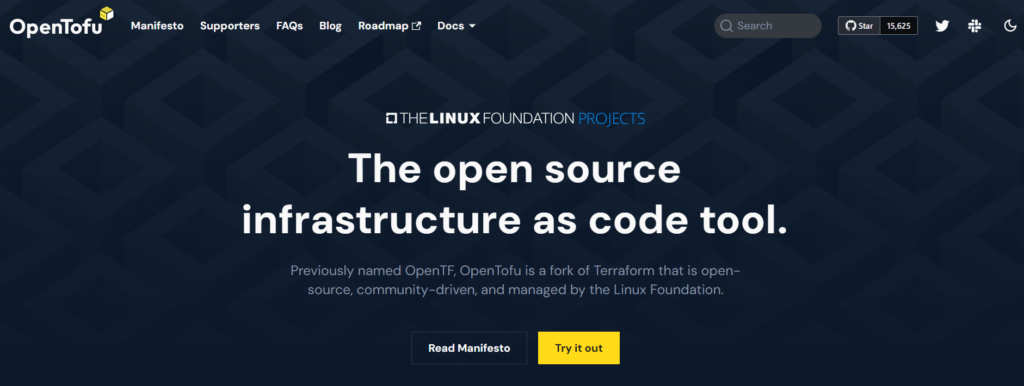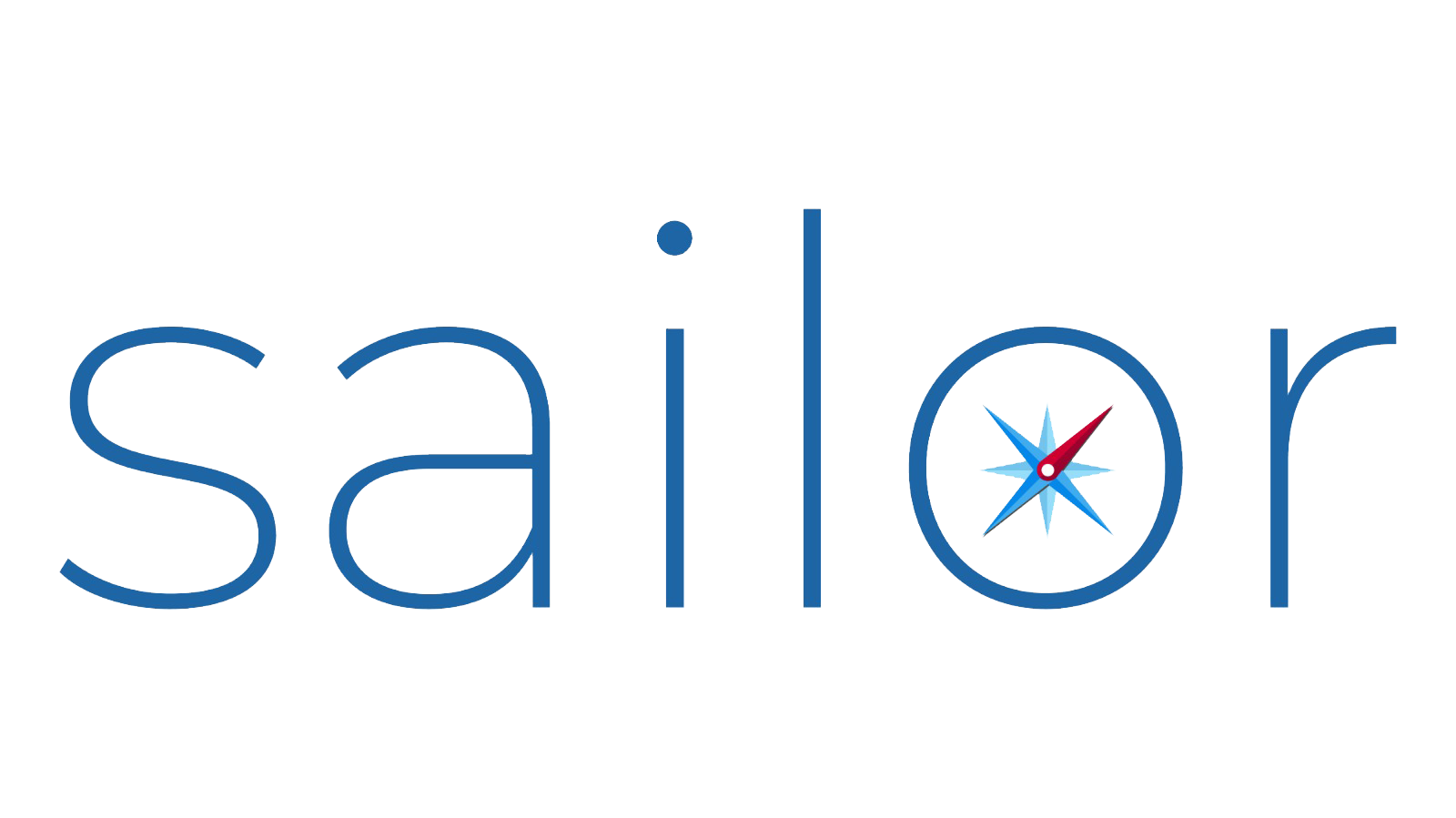In the realm of infrastructure as code (IaC) tools, Terraform has long been a popular choice, allowing developers to automate the provisioning and management of cloud infrastructure. However, in 2023, HashiCorp, the company behind Terraform, announced a switch from the open-source Mozilla Public License v2.0 (MPLv2) to the Business Source License (BSL). This change raised concerns within the open-source community, leading to the creation of OpenTofu, a fork of Terraform that aims to maintain the tool’s open-source nature.
The Ambiguity of the BSL
The BSL, while intended to allow for commercial use of open-source software, contains certain ambiguities that have caused uncertainty among Terraform users. Specifically, the license’s restrictions on “competitive” and “embedded” use have led to concerns about whether certain common use cases would violate the license.
HashiCorp’s FAQs have attempted to address these concerns, but the ambiguity of the BSL remains a source of unease for many Terraform users. The possibility of future changes to the license, either by HashiCorp or by courts interpreting its terms, has further heightened the uncertainty.
OpenTofu: Preserving Terraform’s Open-Source Legacy

In response to these concerns, a group of companies, including Gruntwork, Spacelift, Harness, Env0, and Scalr, formed the OpenTF initiative to create an open-source fork of Terraform. The resulting project, named OpenTofu, aims to maintain Terraform’s feature parity and compatibility while ensuring that it remains under an open-source license.
OpenTofu is currently in its early stages of development, but it has already gained significant support from the community. The project has been hosted by the Linux Foundation, a non-profit organization dedicated to open-source software, and has attracted contributions from numerous individuals and companies.
Benefits of Choosing OpenTofu
For Terraform users, switching to OpenTofu offers several benefits:
-
- Open-Source Commitment: OpenTofu’s open-source license provides long-term stability and transparency, ensuring that the code remains open for anyone to use, modify, and contribute to.
- Community-Driven Development: OpenTofu is being developed by a diverse community of contributors, ensuring that the project remains responsive to the needs of its users.
- Feature Parity: OpenTofu aims to maintain feature parity with Terraform, minimizing the disruption for existing users.
- Compatibility: OpenTofu is initially designed to be a drop-in replacement for Terraform versions 1.5.x, requiring no code changes to ensure compatibility.
Sailor Cloud: A Community for OpenTofu
Sailor Cloud is an AI-driven multi-cloud orchestration platform that enables self-service using well-architected blueprints from day 0 that provides a home for OpenTofu development and collaboration. It offers a range of resources and tools to help developers and users of OpenTofu, including:
-
Centralized Documentation and Tutorials: Sailor Cloud provides a centralized repository for OpenTofu documentation and tutorials, making it easy for new users to get started and experienced users to stay up-to-date.
-
Collaborative Community Forum: Sailor Cloud provides a dedicated forum for OpenTofu users and developers to discuss topics, share ideas, and collaborate on projects.
-
Module and Plugin Repository: Sailor Cloud offers a comprehensive repository of OpenTofu modules and plugins, providing users with a wide range of tools and extensions to enhance their OpenTofu experience.
-
Automated Testing and Deployment: Sailor Cloud’s CI/CD pipeline automates the testing and deployment of OpenTofu changes, ensuring the stability and reliability of the platform.
-
Project Hosting and Management: Sailor Cloud provides a secure and scalable platform for hosting and managing OpenTofu projects, making it easy for teams to collaborate and share their work.
- Sailor Cloud is committed to providing a welcoming and inclusive environment for all OpenTofu contributors and users. It is governed by a community board that is elected by the community, and it is funded by donations from individuals and companies.

Sailor Cloud’s Contribution to OpenTofu
Sailor Cloud is making a significant contribution to OpenTofu by covering the cost of one full-time equivalent (FTE) for at least two years. This funding will allow the OpenTofu project to hire a dedicated developer to work on the project full-time. This will help to accelerate the development of new features, improve the quality of the code, and provide better support for users.
In addition to covering the cost of an FTE, Sailor Cloud is also providing other resources to the OpenTofu project, such as:
-
- Infrastructure for hosting the OpenTofu website and documentation
-
- Support for the OpenTofu community forum
-
- Help with marketing and outreach for the OpenTofu project
The Future of OpenTofu
With its strong community backing and commitment to open-source principles, OpenTofu is well-positioned to become a viable alternative to Terraform for both personal and enterprise use. As the project matures, it is expected to gain wider adoption and contribute to the continued evolution of IaC tools.
The decision by HashiCorp to change Terraform’s license raised concerns about the future of the project and its impact on the open-source community. However, the emergence of OpenTofu offers a promising alternative, ensuring that Terraform’s open-source legacy continues to thrive. By choosing OpenTofu, users can contribute to a community-driven project that prioritizes transparency, openness, and feature parity.
If you are looking for an easy way to manage and automate your cloud infrastructure, Sailor Cloud is a good option to consider. To learn more about Sailor Cloud, please visit the Sailor Cloud website: https://www.sailorcloud.io/
To learn more about OpenTofu please visit their official blogs:
- OpenTofu blog: https://opentofu.org/blog/








